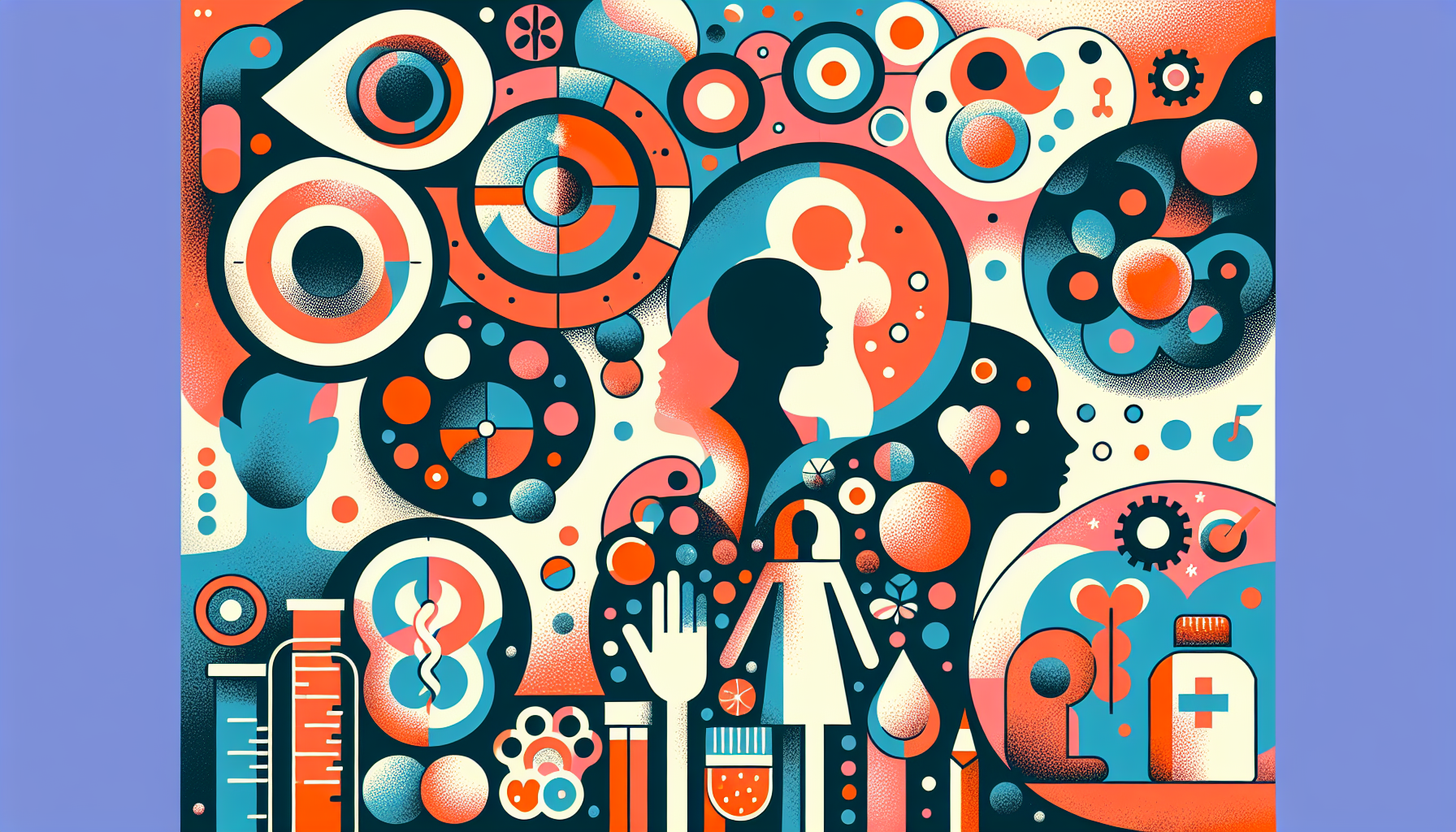Fetal alcohol syndrome (FAS) is a serious condition that can occur when a pregnant woman consumes alcohol. It is the most severe form of fetal alcohol spectrum disorders (FASDs), which include a range of birth defects caused by prenatal alcohol exposure. If you or someone you know is pregnant or planning to become pregnant, it's crucial to understand the risks associated with drinking alcohol during pregnancy.
What Causes Fetal Alcohol Syndrome?
Alcohol is the leading preventable cause of birth defects in the United States. When a pregnant woman drinks alcohol, it can easily reach the developing baby through the placenta. Since a baby's liver is not fully developed, it cannot process or break down alcohol effectively, leading to potential harm to the baby's organs.
Drinking alcohol during pregnancy can cause:
Miscarriage
Stillbirth
Preterm labor
Birth defects
It's important to note that there is no "safe" amount of alcohol or time during pregnancy when it is considered safe to drink. The brain and other organs develop throughout pregnancy, and even moderate amounts of alcohol can interrupt this process.
Symptoms of Fetal Alcohol Syndrome
Fetal alcohol syndrome can manifest in various symptoms, which may include:
Physical Defects:
Small head and brain size
Vision or hearing problems
Joint, limb, and finger deformities
Distinctive facial features (small eyes, thin upper lip, and a ridge between the nose and upper lip)
Neurological Problems:
Behavioral Issues:
Poor social skills
Difficulty in school
Poor impulse control
Diagnosing Fetal Alcohol Syndrome
There is no specific lab test to diagnose fetal alcohol syndrome. Doctors rely on a combination of factors, including the child's physical appearance, growth, neurological and behavioral issues, and the mother's alcohol consumption during pregnancy. Early diagnosis and treatment can significantly improve a child's development and overall outlook.
Treatment Options for Fetal Alcohol Syndrome
While there is no cure for fetal alcohol syndrome, various treatments can help manage the symptoms and improve the child's quality of life. These may include:
Therapy to address behavioral and educational problems
Medications to manage specific symptoms (e.g., antidepressants, anti-anxiety drugs, stimulants, or neuroleptics)
Complementary therapies, such as massage, acupuncture, exercise, or yoga
Treatment for the mother's alcohol addiction to prevent FASDs in future pregnancies and improve parenting skills
Children with fetal alcohol syndrome may also face additional complications later in life, such as mental health issues, substance abuse, inappropriate sexual behaviors, and difficulties with education and independent living. Ongoing support and monitoring are essential to help individuals with FAS navigate these challenges.
Preventing Fetal Alcohol Syndrome
The most effective way to prevent fetal alcohol syndrome is to avoid alcohol entirely during pregnancy. If you have an alcohol problem, seek help from addiction specialists before getting pregnant. If you are sexually active and not using contraception, consider giving up alcohol to prevent unintended prenatal exposure.
By understanding the causes, symptoms, and treatment options for fetal alcohol syndrome, you can take steps to protect your baby's health and well-being. If you have any concerns about alcohol consumption during pregnancy, consult your healthcare provider for guidance and support.
For more information on fetal alcohol syndrome and related disorders, visit:
The Bottom Line
This completely preventable condition causes lifelong disabilities that affect learning, behavior, and daily functioning, making alcohol avoidance during pregnancy critical. While there's no cure, early therapeutic intervention can substantially improve a child's developmental trajectory and independence. If you're concerned about pregnancy alcohol exposure or need guidance on developmental delays, Doctronic can provide quick answers and appropriate care recommendations.


